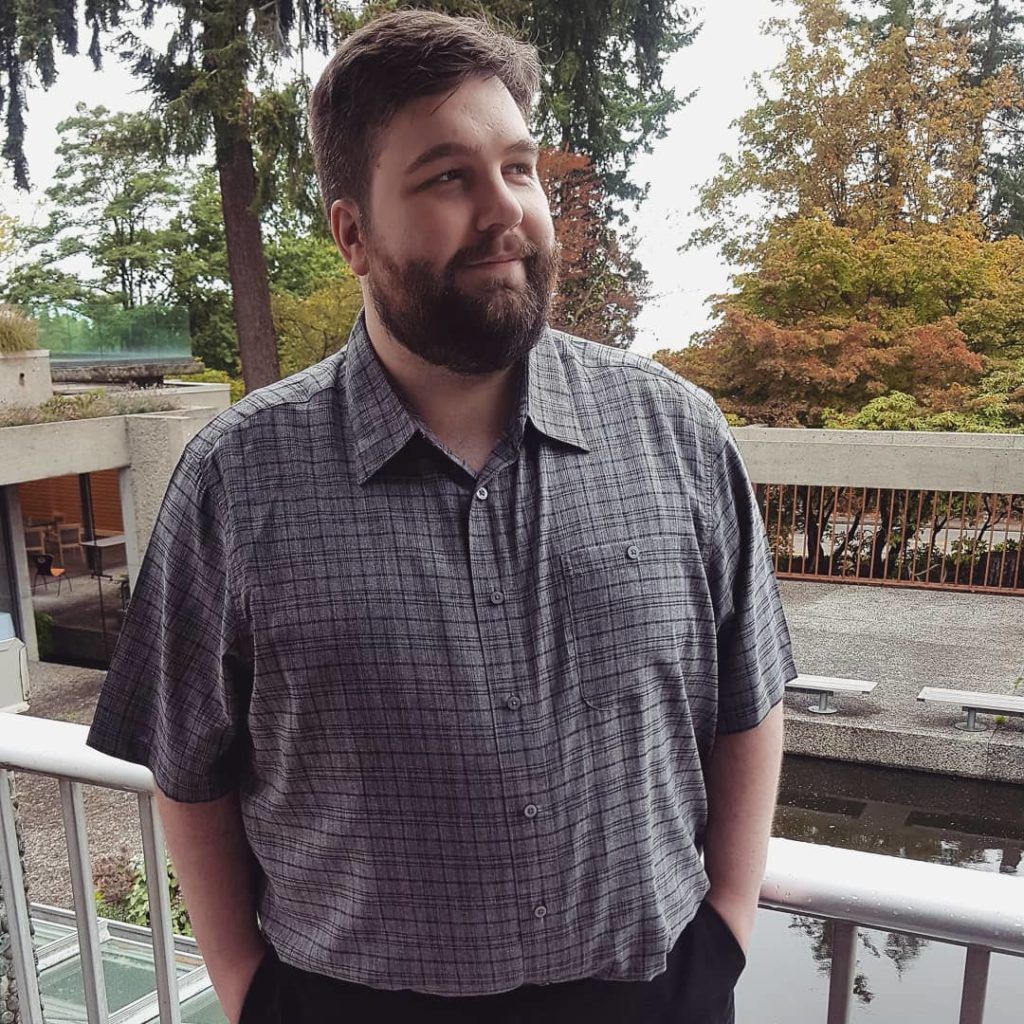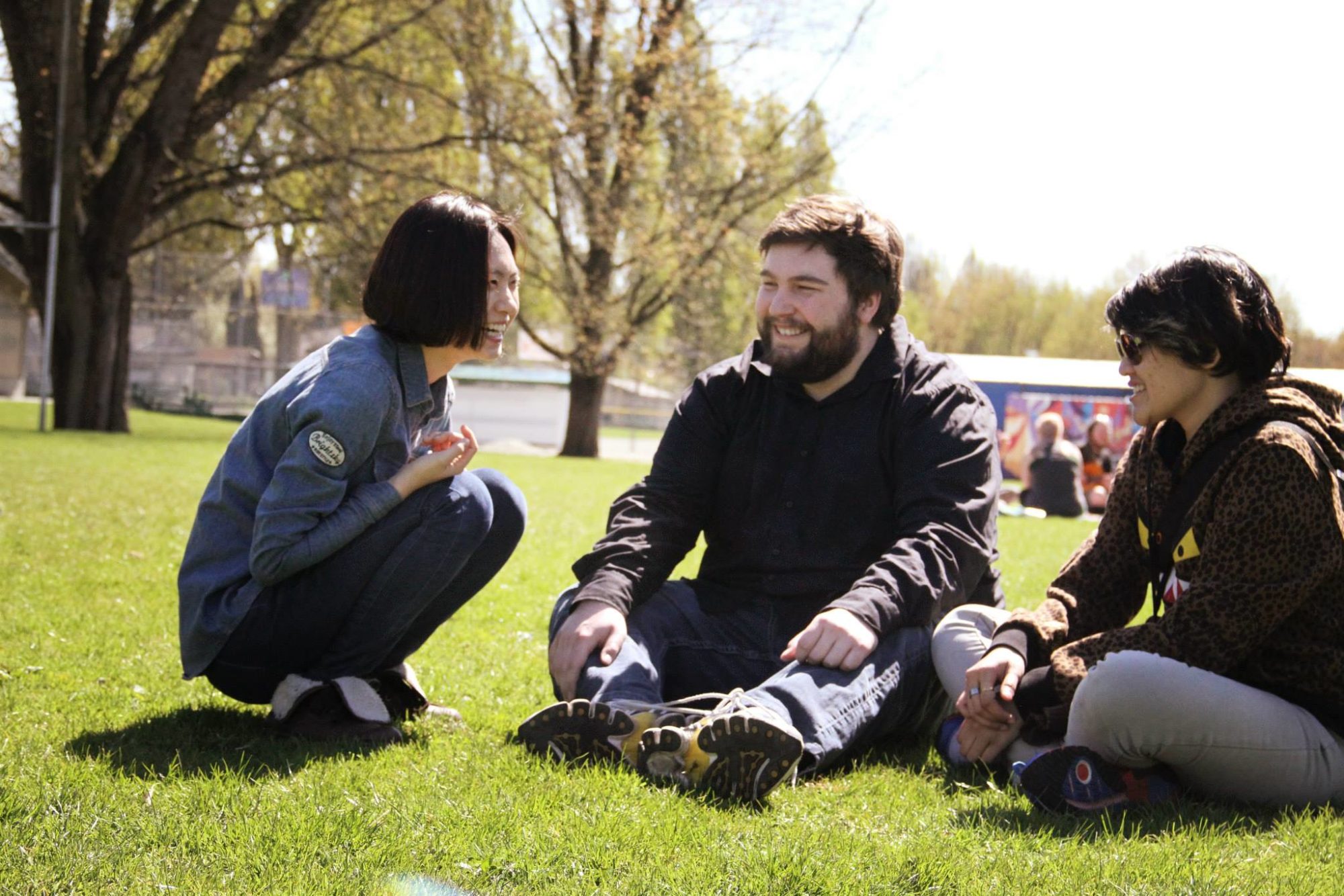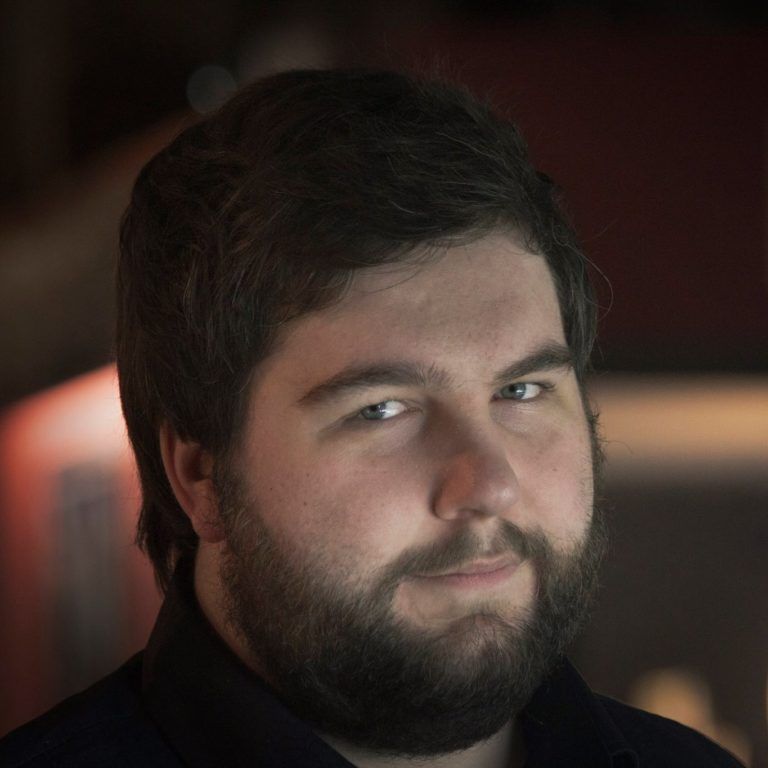LOST BOYS | SCHOOL OF VFX
The Studio that Teaches
Artist Spotlight
Andrew Barrie
Compositor | Lost Boys Alumni 2015

Demo Reel
Credited on:
and many more...
What inspired you to pursue VFX/Compositing?
What inspired me to pursue VFX wasn’t actually any Hollywood blockbusters or Oscar-Winning VFX productions from a major studio. It was actually two videos on YouTube. The first, a lightsaber fight done by two fans called “Ryan VS Dorkman”, which inspired me to download an absolutely awful piece of software called LSMaker and do my own Lightsaber effects for a school project. Later, I saw one of the first action shorts by Freddie Wong and Brandon Laatsch called “Chrono Trigger: Short Action Scene.” I was amazed at how cool it all looked, and after going through their other videos I realized that people were creating incredible looking VFX shorts at home. That’s when I finally bought After Effects and started my proper VFX journey.
What was the scariest or most challenging part of learning Compositing?
I think the scariest part of learning compositing is when you’re faced with a completely new kind of shot you’ve never tackled before, and a deadline. A lot of times I’ll be looking at the previs for a shot and think to myself “How am I going to do this?”. Once you’ve done a lot of shots, you generally know how to tackle things, even if you’re not 100% on the details, but every so often a shot will sneak up on you and you can feel completely lost. You’ve then got to jump in and start trying things, piecing it together bit by bit, seeing what works and what doesn’t, and eventually it will come together. There can be a lot of trial and error, and sometimes the shot won’t look even remotely right until a certain point when it just “clicks” and everything seems to fall into place.

What was unique about your experience with Lost Boys in comparison to your previous education?
Lost Boys was unlike any previous educational experience I’d had before. There were only a dozen of us, from all corners of the globe, with a passion for the same thing. It was never a case of go in to school, do work for 8 hours, then go home back to your actual life. It was friends coming together each day, helping each other, learning, collaborating, and often times then hanging out afterwords with board games, movie nights, or going out for meals. Working in a VFX studio is a very unique atmosphere compared to a lot of jobs, and I think the structure of Lost Boys really captures that feeling well. Because we were all working on the same shots, we could help each other when we discovered a neat trick or a useful technique. On projects like the Ethereal Effects, everyone had such wonderfully unique visions for their shots that it was a great source of inspiration seeing the different approaches during weekly review. There was room to explore, take risks, and try new things with the shots. There’s very rarely only one way to do something in VFX, and the projects never felt like “Here is exactly how you do this shot, go recreate this”. Our instructor, Ganz, would give us all the tools we needed, guide us when we needed it, but ultimately let us find our own paths to the final shot.
What is something you wish more people knew more about VFX/VFX Artists or Compositors/Compositing?
I wish more people realized the complexity and artistry that goes into modern visual effects. There is certainly something magical about older movies full of handcrafted miniatures and clever tricks to overcome technical limitations, but just because the work has moved to the computer hasn’t made it any less of an art form. If modern VFX artists could “push a button” and get a photo-real render that integrates into the live action scene perfectly, I wouldn’t have a job. A single two second shot is a huge undertaking for the collaborative effort of half a dozen artists requiring countless revisions at all stages of the pipeline.
What do you enjoy most about working in visual effects?
I think the best part of working in VFX for me is comparing your final shot to the raw plate, and seeing just how much it’s been transformed. You can spend days or weeks fiddling with tiny details, making incremental changes, not really noticing the shot progress, but when you compare it to where it started it’s a really amazing feeling. Audiences will usually never get to know how far that shot came, how much work went into it, but you do, and it’s incredibly rewarding.
